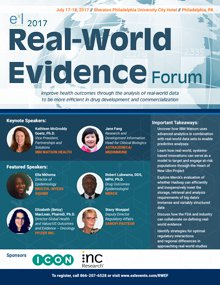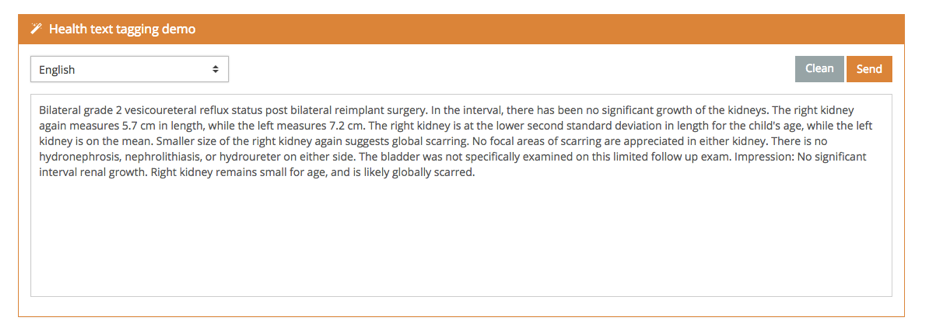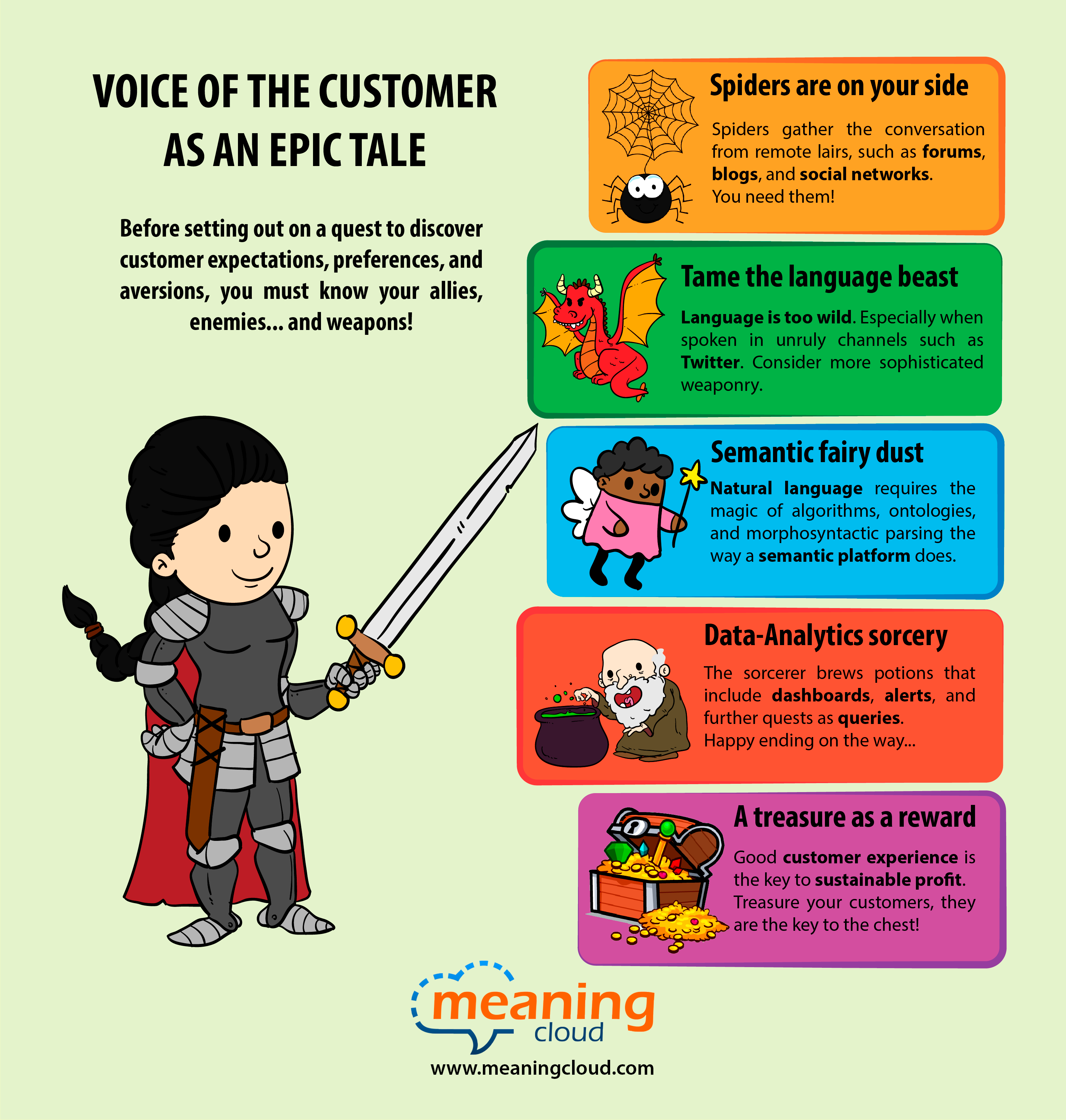Last July 13th we delivered our webinar “Why You Need Deep Semantic Analytics”, where we explained how to achieve a deep, automatic understanding of complex documents. Thank you all for your interest.
During the session we covered these items:
- Automatic understanding of unstructured documents.
- What is Deep Semantic Analytics? Comparison with conventional text analytics.
- Where it can be applied.
- Case study: due diligence process.
- Ideal features of a Deep Semantic Analytics solution.
- MeaningCloud Roadmap in Deep Semantic Analytics.
IMPORTANT: you can find a more literary explanation of some of the items we covered, including the due diligence practical case, in this article.
Interested? Here you have the presentation and the recording of the webinar.
(También presentamos este webinar en español. Tenéis la grabación aquí.)
Continue reading





